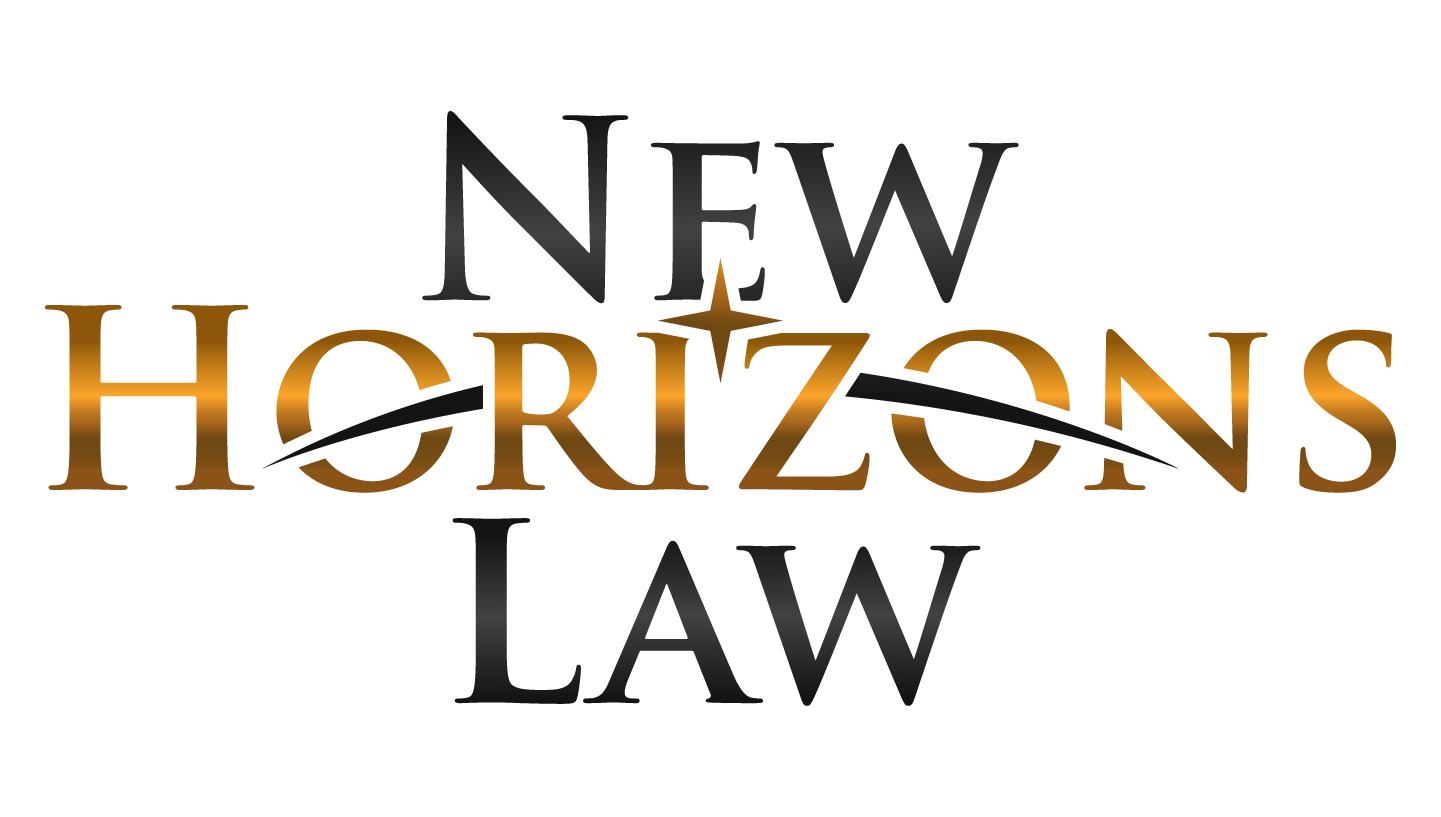In 2001, the Florida Supreme Court recognized that our family law cases were in need of “a system that provided non-adversarial alternatives and flexibility of alternatives; a system that preserved rather than destroyed family relationships; . . . and a system that facilitated the process chosen by the parties.”[1]
In 2016, the Florida Collaborative Law Process Act was finally enacted and which applies to divorce, custody, and all other Florida family law matters. This Act codified the type of “system” that the Florida Supreme Court contemplated 15 years earlier.
A Collaborative attorney such as New Horizons Law, P.A., Michael J. Costantino, Esq. focuses on the fact that our firm advocates for our client, but we do so in such a manner that also addresses the needs and interests of the family as a whole. But how does the Collaborative Law process really work if you retain New Horizons Law, P.A., Michael J. Costantino, Esq. to represent you as your Collaborative Law attorney?
At our first meeting with the other side, New Horizons Law, P.A., Michael J. Costantino, Esq. will help you along with the your spouse and his or her attorney identify the issues which are specific to your divorce and/or custody matter.
Once the parties and the attorneys identify all of the relevant issues, then we will set an agenda as well as a schedule on our terms that will serve as the framework of your case moving forward, however all involved must realize that the schedule and/or the agenda can be modified at any time to meet the needs of the parties. In contrast, in a traditional Florida Family Law case, the Court determines the timeline of a Family Law case with no regard for the individual needs of the parties.
Another key component of our first meeting with the other side is that at this sit down we all have the opportunity to determine which, if any, other collaboratively trained professionals are needed in order to help bring resolution to your Florida Family Law case. For example, the professionals who can be retained include divorce coaches, child specialists, CPA’s, business valuation experts or employment rehabilitation specialists. The real key in the Collaborative Law situation is that all professionals who are used are neutral and are considered to be chosen and retained by both parties in order to provide an objective recommendation which is designed to assist the parties in their decision making process.
At New Horizons Law, P.A., Michael J. Costantino, Esq. is cognizant that every Florida family is different, every Florida divorce is different and every Florida Family Law case calls for different professionals to transition your family from a single unit to two units.
New Horizons Law, P.A., Michael J. Costantino, Esq. wants you to understand that we are here to assist you and the dynamics of the needs of your family in trying to resolve your divorce in the most efficient and effective manner that resolves your case amicably if possible.
If you have any questions, please contact New Horizons Law, P.A., Michael J. Costantino, Esq.
for a free consultation.
[1] In re Report of Family Law Steering Committee, 794 So. 2d 518, 523 (Fla. 2001)
